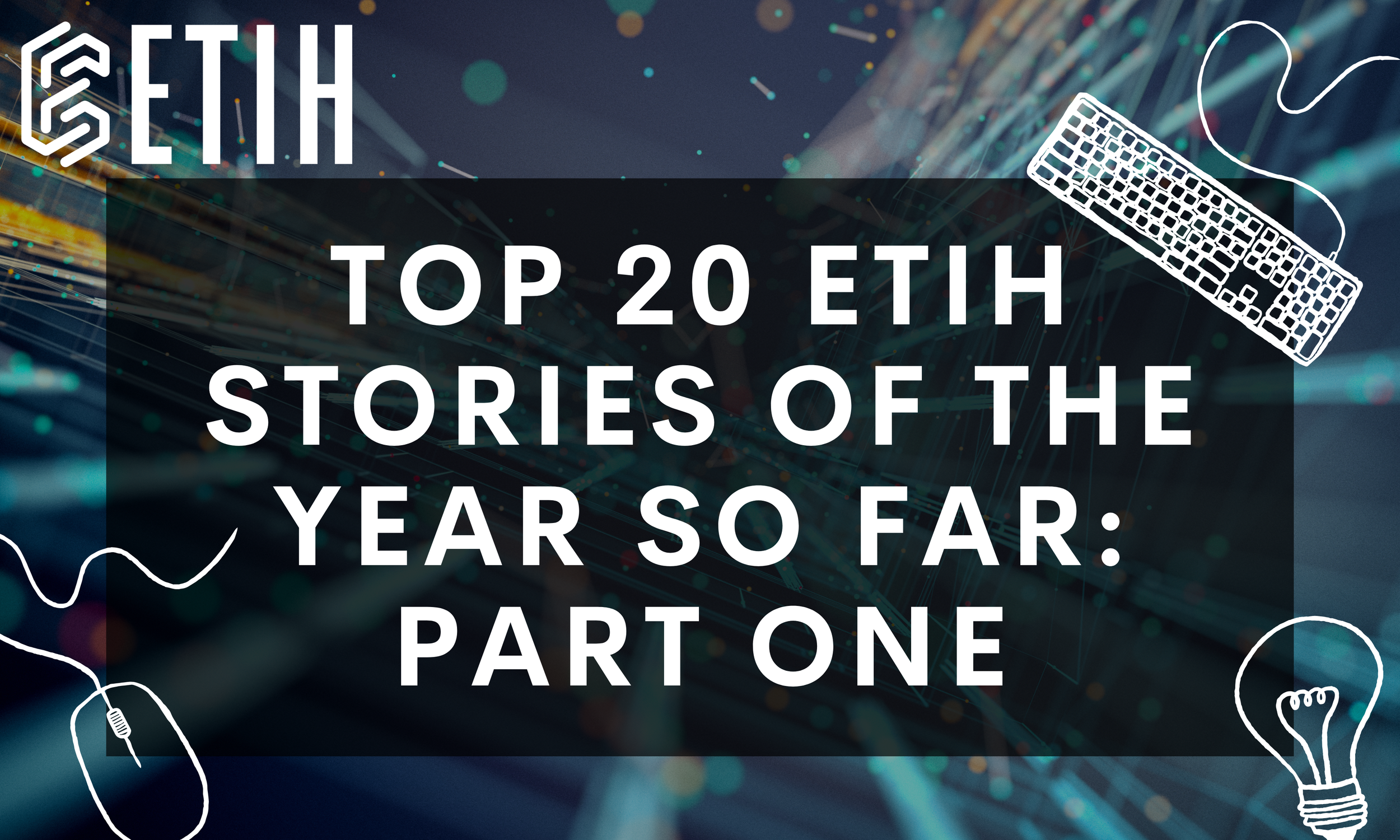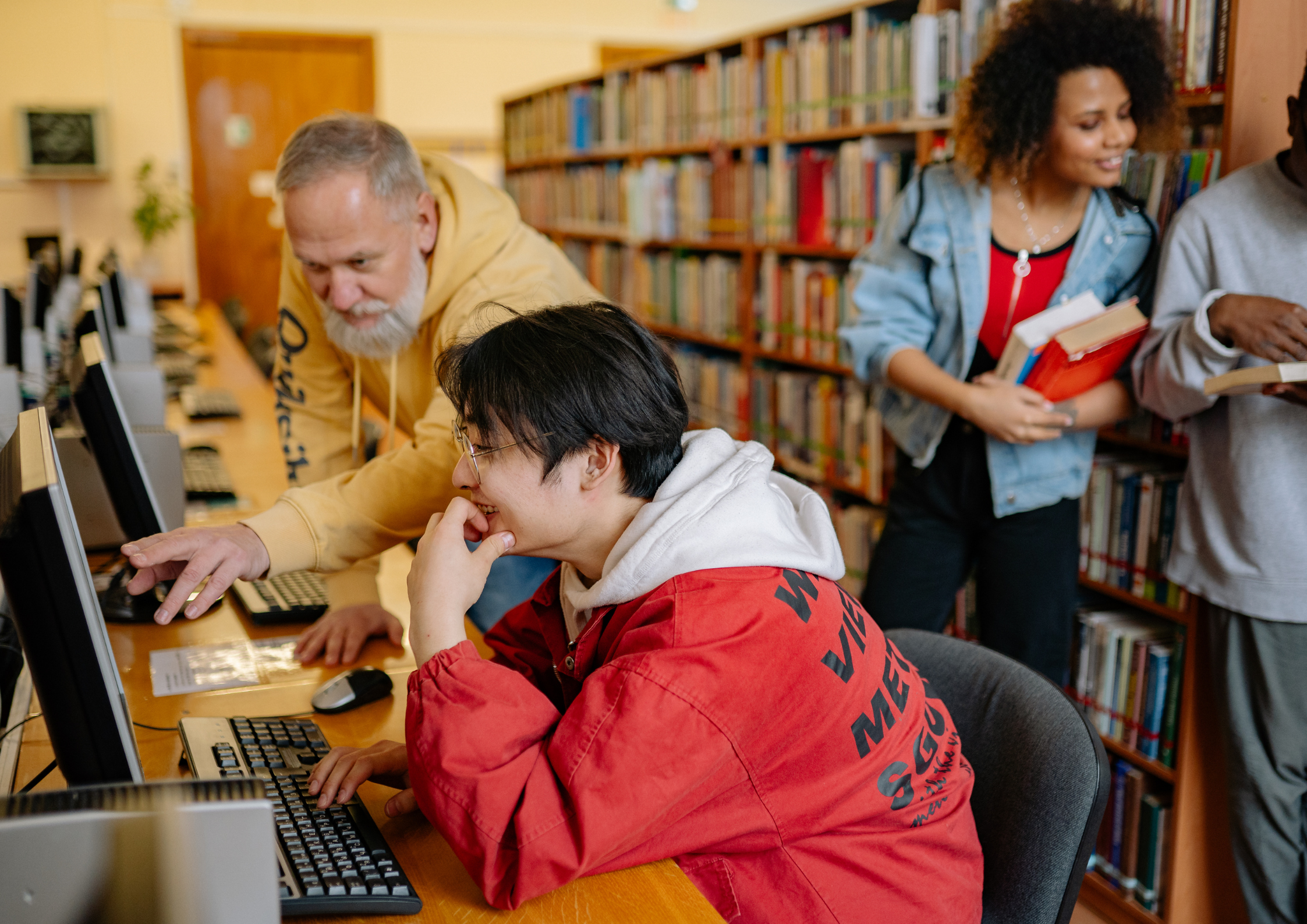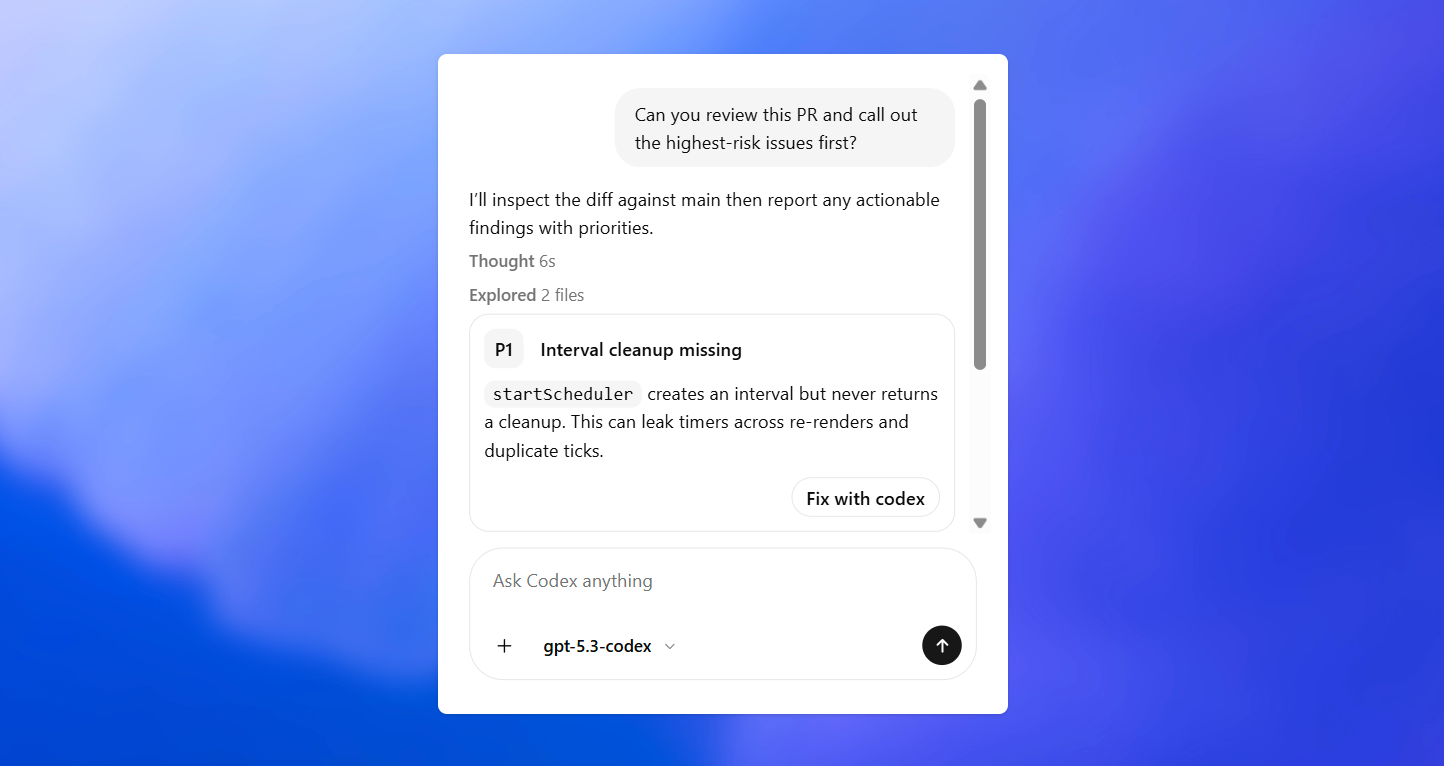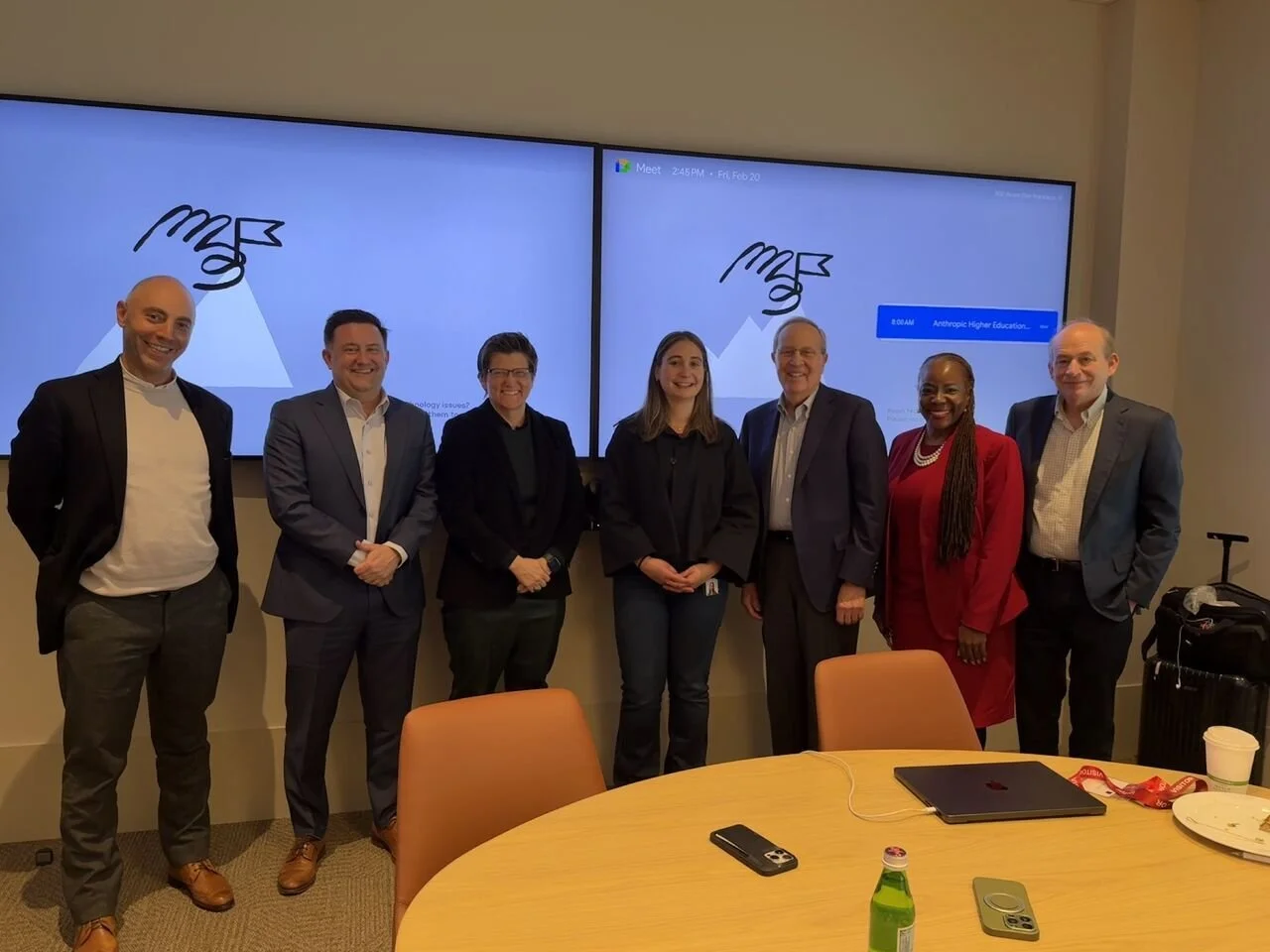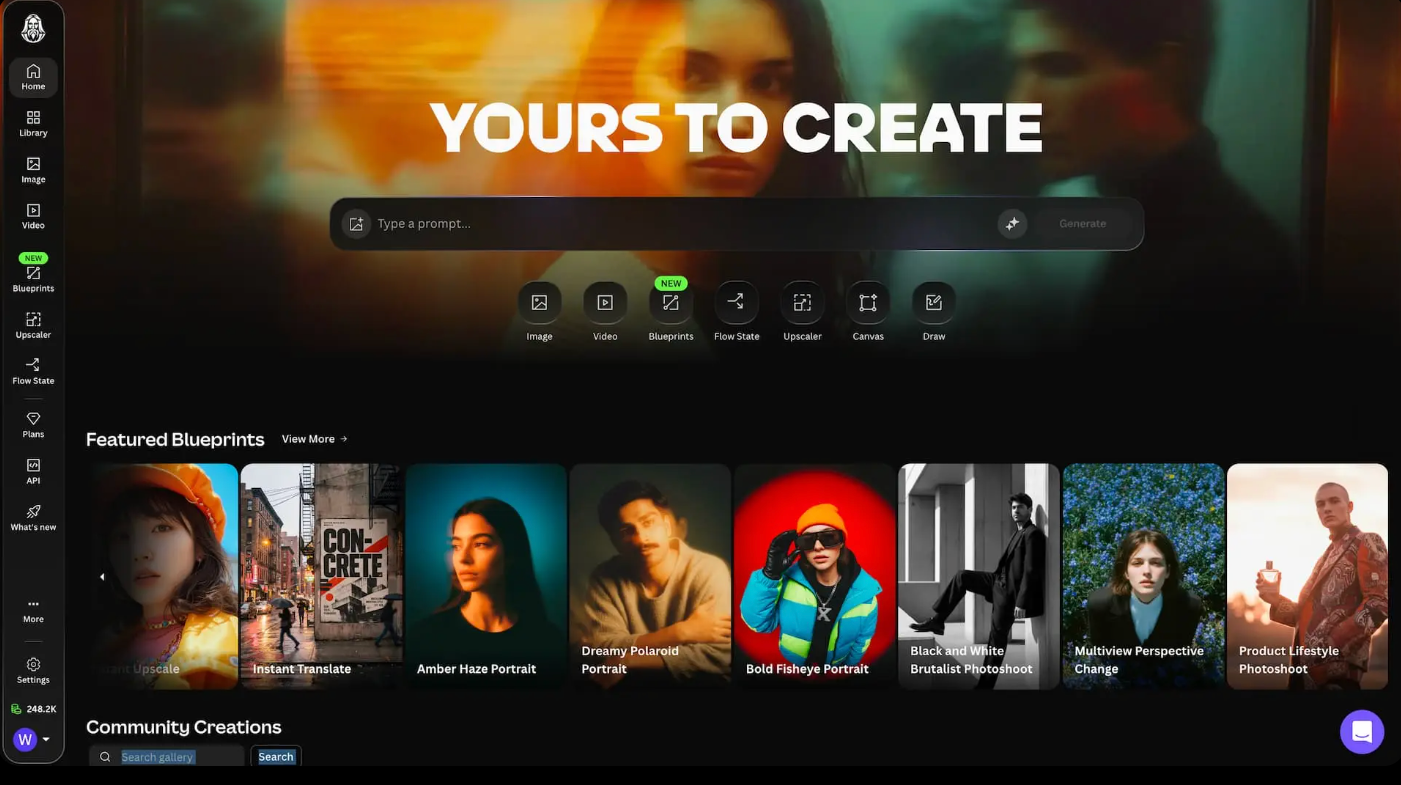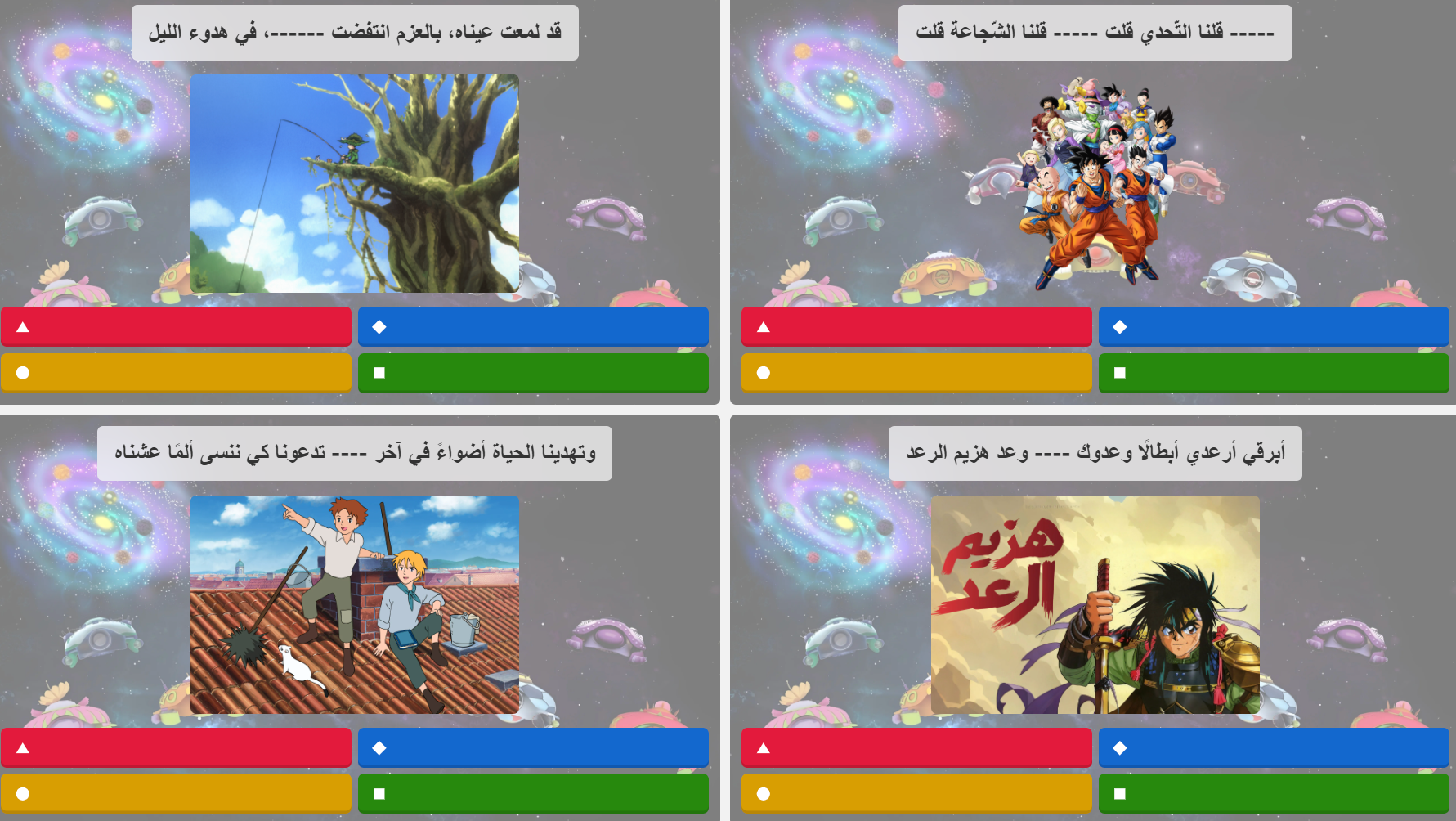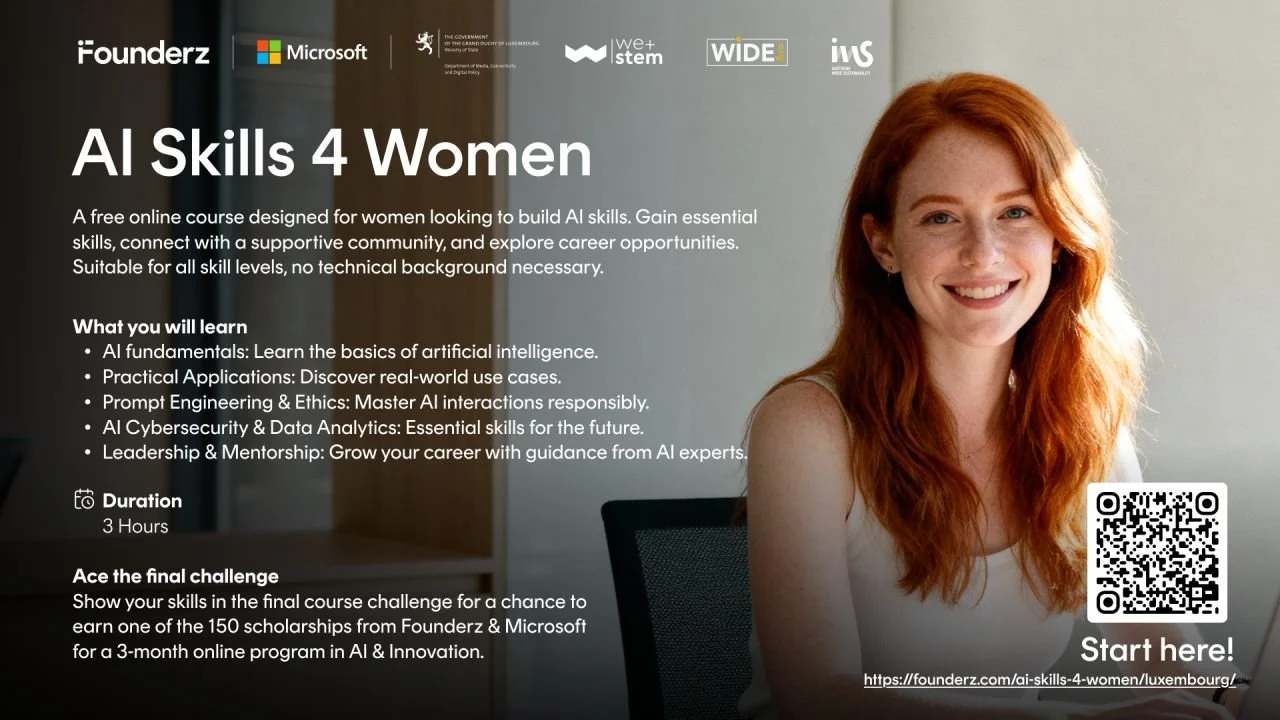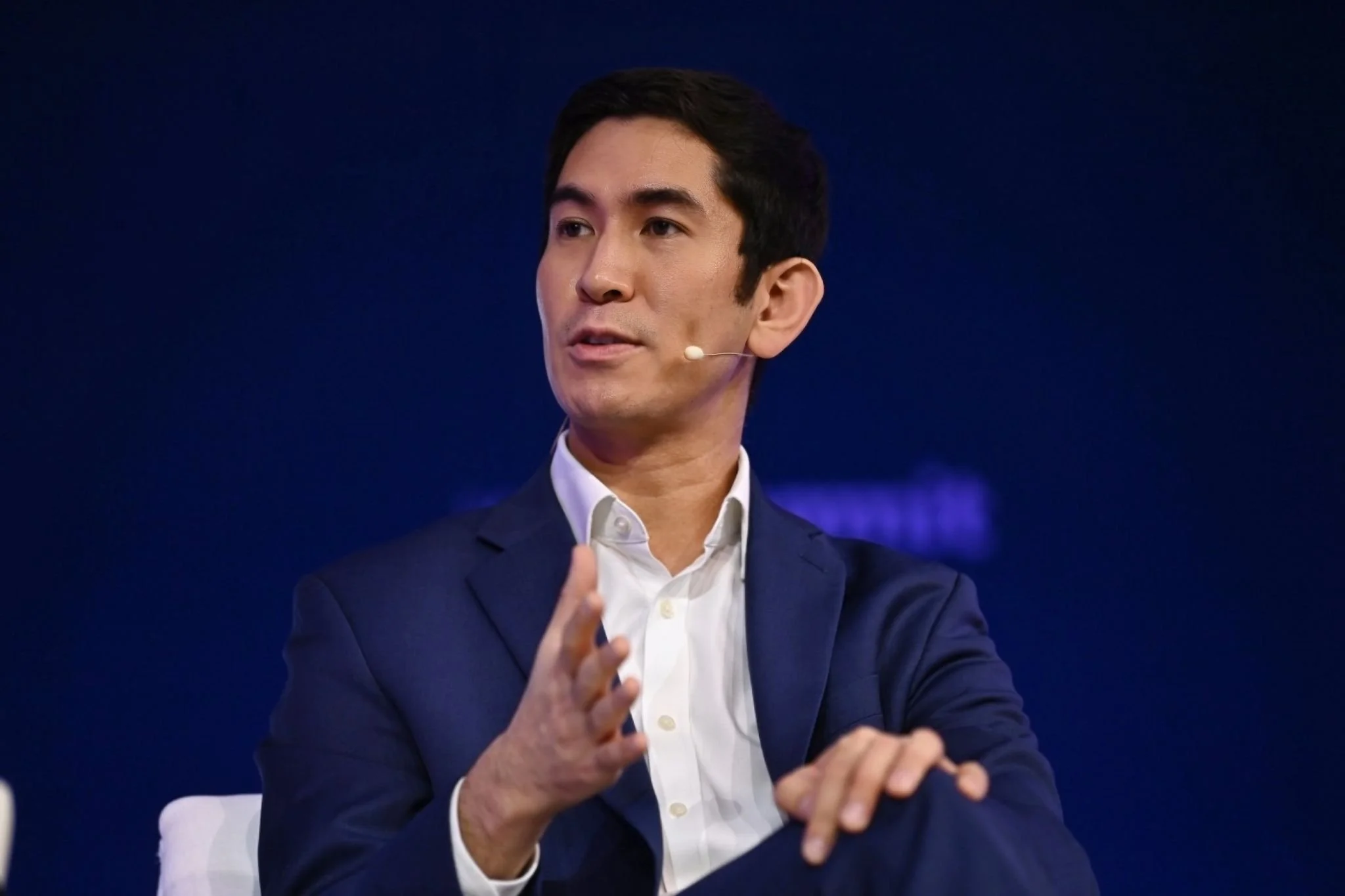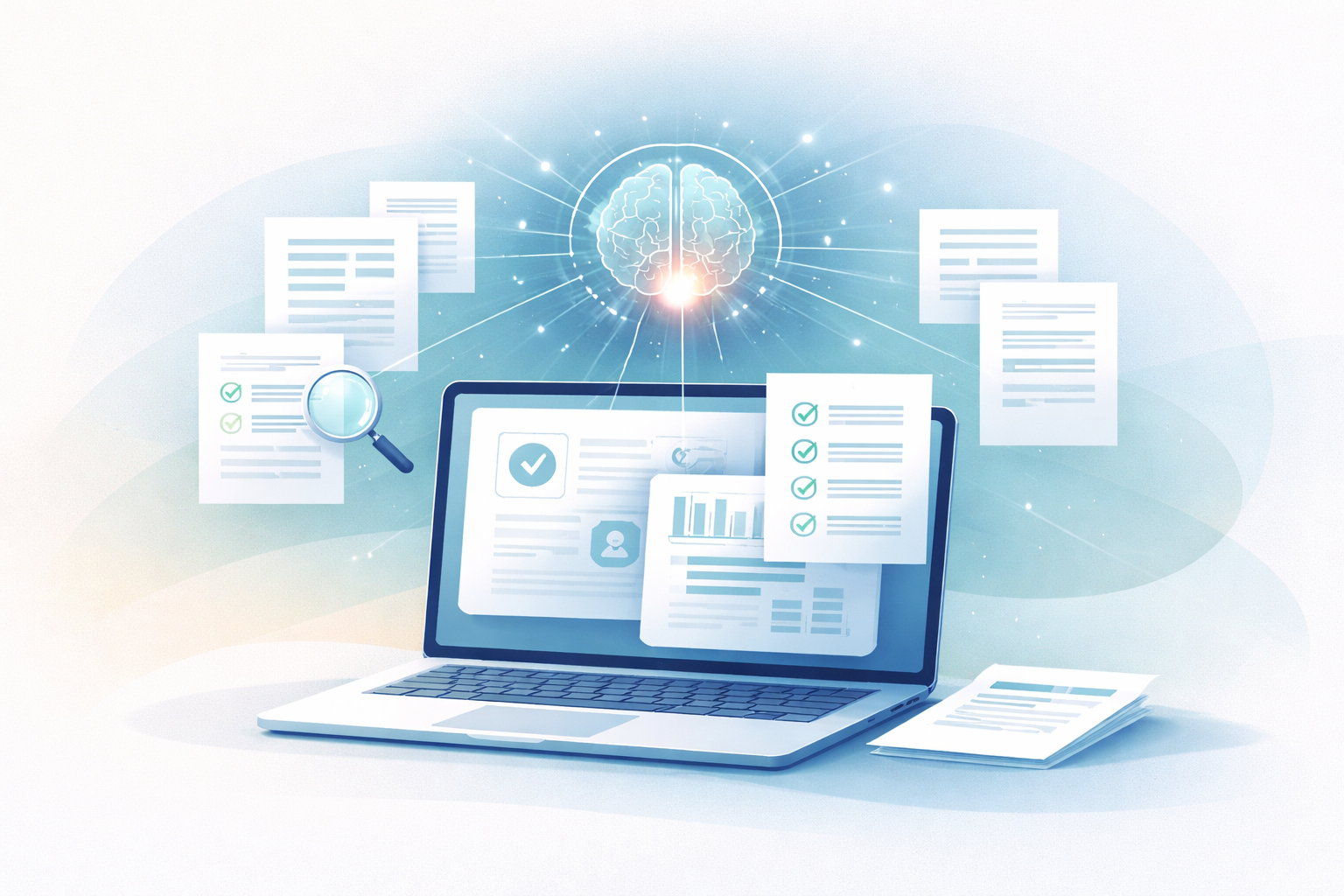ETIH’s top stories of 2025 so far, part one: Roblox, Pearson, PowerSchool, and AI shake-ups
We’ve officially passed the halfway point of 2025, a year already filled with AI breakthroughs, high-stakes lawsuits, global EdTech expansion, and a few surprise shake-ups. So, what’s resonated most with our readers?
Across July, we’re counting down the top 20 most-read EdTech Innovation Hub stories of the year so far. In true ETIH fashion, we’re doing it in two parts, starting here with stories 20 through 11. From AI-powered Roman philosophers to scheduling software in early years settings, this list already shows how widely the EddTech brief has evolved in just six months.
20. e.l.f. Beauty brings financial literacy to Roblox with Chime in first-of-its-kind Gen Z gaming move
We kick things off with a metaverse-meets-money mashup. Cosmetics company e.l.f. Beauty teamed up with fintech firm Chime to launch Fortune Island: Earn. Learn. Flex. on Roblox, bringing budgeting and savings tools to Gen Z via gamified island adventures.
Developed by Karta, the experience builds on e.l.f.’s original Roblox island (visited over 22 million times) and leans into a broader trend of consumer brands entering edtech-adjacent spaces. Players complete missions to unlock financial milestones, while embedded coaching encourages smart decision-making.
“We flipped the script,” said CMO Patrick O’Keefe. “Fortune Island meets them where they are and empowers them to own their future and thrive.”
19. Udemy names Hugo Sarrazin as new CEO as it looks to AI and SaaS expansion
In at number 19, a major leadership shake-up: Udemy appointed Hugo Sarrazin as its new CEO, as the company accelerates its pivot toward AI-powered content and enterprise SaaS.
Sarrazin brings AI transformation experience from UKG and 20 years at McKinsey. His appointment follows a steep drop in Udemy’s consumer revenue and a renewed focus on its B2B platform, Udemy Business. Former CEO Greg Brown helped grow that arm from $100 million to $500 million ARR, Sarrazin is expected to lead the next evolution.
“The opportunity ahead is massive,” he said. “AI will change how we build and deliver learning, and I’m excited to help shape that.”
18. Entrepreneur and author Simon Squibb slams 'dangerous' Children’s Wellbeing and Schools Bill
At number 18, entrepreneur and author Simon Squibb made waves on LinkedIn by calling out the UK government’s Children’s Wellbeing and Schools Bill, warning it would centralize control and stifle educational choice.
Squibb, best known for his advocacy of alternative education and youth enterprise, described the bill as “a threat to our freedom” and “deeply dangerous.” He questioned why traditional schooling remains the default and said the reforms would damage parental rights.
The Department for Education insisted the legislation is about ensuring suitable education for all children, but Squibb’s post struck a nerve, especially among homeschooling advocates.
17. Early childhood education specialist KinderCare taps Legion Technologies workforce management platform
At number 17, KinderCare Learning Companies, one of the largest early childhood education providers in the U.S., announced the rollout of AI-powered workforce scheduling software from Legion Technologies.
Used across more than 1,500 centers, the platform helps site leaders build dynamic, labor-compliant schedules based on real-time needs. It’s part of KinderCare’s wider strategy to give educators more time with children and less time buried in admin.
Lindsay Sorhondo, SVP and CIO at KinderCare, said: “Technology should simplify operations and improve educator experience — not create more work. Legion is helping us strike that balance.”
16. Historic Mentor launches, promising AI-powered conversations and mentoring with key historical figures
AI returns again at number 16, and this time it’s wearing a toga. Historic Mentor, a new edtech platform, offers users the chance to hold lifelike, continuous conversations with AI-powered versions of iconic thinkers, including Marcus Aurelius, Confucius, Leonardo da Vinci, and Marie Curie.
The platform uses an agentic AI framework that remembers previous interactions, making the experience feel more like mentorship than chat. Each mentor shares contextual advice based on user goals, and the platform is already drawing comparisons to Socratic learning models.
It also plays into a wider trend in AI edtech: blending entertainment and self-development into a form of character-led lifelong learning.
15. Intelsat and MaxIQ Space introduce Africa Space STEM Program to more schools across four countries
In at number 15, global satellite giant Intelsat and STEM edtech firm MaxIQ Space expanded their Africa Space STEM Program to schools in Kenya, Nigeria, South Africa, and Senegal.
Now in its fifth year, the program gives students hands-on access to space science, data analysis, and Internet of Things (IoT) applications. The kits, designed with guidance from working scientists, are paired with lessons that emphasize sustainability, orbital mechanics, and real-world problem solving.
The goal? Equip Africa’s next generation of engineers and researchers for roles in satellite communications, aerospace, and Earth monitoring.
14. Chegg reports 24% revenue drop, sues Google over AI impact on online learning
At number 14, Chegg filed a lawsuit against Google, claiming its AI-powered search summaries had caused significant financial damage by bypassing Chegg’s paywalled academic support tools.
CEO Nathan Schultz directly linked the company’s 24% revenue decline to the launch of Google’s generative AI features. The suit argues that Google's "AI Overviews" replicate Chegg’s proprietary content without permission, siphoning users away from its platform.
It’s one of the first major legal showdowns over how LLMs interact with subscription-based edtech content — and the outcome could set a major precedent for the sector.
13. PowerSchool data breach exposes student records in massive cyber-security incident
Cybersecurity took center stage at number 13, as PowerSchool confirmed a data breach that compromised personal records of millions of students across the U.S.
The breach occurred after a single employee’s login credentials were stolen. Data exposed included names, addresses, Social Security numbers, and academic records. Affected school districts were offered identity protection services, while CrowdStrike’s report pointed to a lack of data exfiltration safeguards.
The incident drew attention to the wider vulnerability of legacy systems in education, and the rising frequency of ransomware and phishing attacks targeting schools.
12. Domo and Burbio launch AI-powered K–12 education tool aiming to improve efficiency in spending and operations
AI reappears at number 12 with the launch of a joint tool by Domo and Burbio, designed to bring order to K–12 operational chaos. The platform uses AI to analyze spending, staffing, and strategic planning across public school districts.
What makes the tool unique is its ability to process unstructured board meeting minutes and budget records, turning scattered data into clear dashboards. RJ Tracy (Domo) and Julie Roche (Burbio) say the system is already being adopted by school leaders and suppliers looking for real-time visibility into school operations.
11. Pearson rebrands to signal shift toward digital learning and lifelong skills development
Rounding out this half of the list at number 11, Pearson unveiled a complete rebrand, positioning itself as a digital-first company built for lifelong learners.
CEO Omar Abbosh emphasized that the shift reflects more than visual identity. It signals Pearson’s move from a traditional publishing model to one focused on employability, skills recognition, and digitally delivered learning experiences.
The new branding aligns with recent investments in AI tools, micro-credentials, and assessment partnerships. According to Abbosh, “Our brand now matches our mission: to unlock life-changing learning at every age.”
That’s the first half of our Top 20 ETIH stories of the year so far, from Roblox islands to rebrands and AI lawsuits, it’s already been a busy six months.
🗓️ Join us next week as we count down the Top 10, including viral research, big-name partnerships, and the AI-powered tools that had everyone talking.
RTIH AI in Retail Awards
Our sister title, RTIH, organiser of the industry leading RTIH Innovation Awards, proudly brings you the first edition of the RTIH AI in Retail Awards, which is now open for entries.
As we witness a digital transformation revolution across all channels, AI tools are reshaping the omnichannel game, from personalising customer experiences to optimising inventory, uncovering insights into consumer behaviour, and enhancing the human element of retailers' businesses.
With 2025 set to be the year when AI and especially gen AI shake off the ‘heavily hyped’ tag and become embedded in retail business processes, our newly launched awards celebrate global technology innovation in a fast moving omnichannel world and the resulting benefits for retailers, shoppers and employees.
Our 2025 winners will be those companies who not only recognise the potential of AI, but also make it usable in everyday work - resulting in more efficiency and innovation in all areas.
Winners will be announced at an evening event at The Barbican in Central London on Wednesday, 3rd September.

